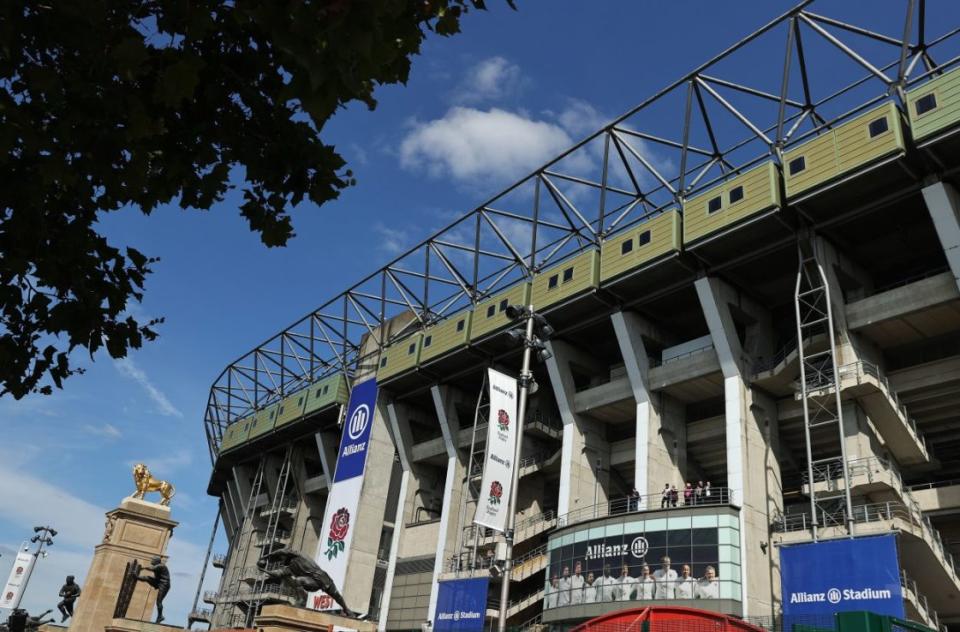Mayor Khan bound to need to step in against NIMBYs over Twickenham plans

London won against the capital’s NIMBYs when the GLA approved plans for Wimbledon’s expansion. And they’ll probably need to do the same when councils inevitably block the Rugby Football Union’s bid to host more events at Twickenham’s Allianz Stadium.
“London is the sporting capital of the world and this decision will not only ensure Wimbledon remains the most prestigious tennis tournament in the world, but will also bring significant benefits to the local area and our city – providing increased access to green space, community sport and new jobs.”
Those were the words of Mayor of London Sadiq Khan after controversial plans to expand the All England Club into an adjacent golf course were given Greater London Authority approval last month.
Inevitable Twickenham backlash
In a year when City skyscraper plans have faced obstacles and a proposed MSG Sphere similar to that wowing Las Vegas was declined planning permission, the decision on SW19 was an olive branch from local and central government to the sport and entertainment industry in the capital.
So this week when the Rugby Football Union launched a consultation on plans for their Twickenham home to host at least 15 further non-sport events per year, why was there still a sense of further blocking to come for the country’s second biggest arena?
Because the Allianz Stadium, as it is now branded thanks to a 10-year, £100m deal between England Rugby and the insurance giant, is poorly positioned and out of date. Most of the arena has not been upgraded since the 1990s and a newly refurbished local train station remains chronically unfit for purpose on match days.
For local residents, the thought of up to another 1.2m extra fans, likely in evenings, trundling around their suburb may be a grim thought.
But the proportion of trouble makers in UK sport is small – let alone at concerts – and benefits to local economies are extreme. Only 2,500 arrests were made over the whole 2023-24 football season, while Taylor Swift’s recent tour is said to have provided a boost of almost £1bn to the UK economy.
Cash is king… suck it up
And it’s nothing new for the Twickenham venue, which has hosted the likes of NFL and the Rolling Stones.
One can already imagine the local opposition to any plans to make the Allianz Stadium a host venue fit for its capacity and status as one of the world’s most recognisable rugby arenas.
And that opposition, like at Wimbledon, will likely cause issues at council level and beyond.
Alex Cohen, venue operations director at the RFU said: “Allianz Stadium generates 90 per cent of the RFU’s revenues which all get reinvested back into community and professional rugby in England.
“A study looking at the impact of the stadium on the UK economy between 2015 and 2019 estimated the stadium contributed around £180m a year to the UK economy, £91m of which was in the Richmond and Hounslow boroughs.”
It is, therefore, paramount that the Mayor of London is able to continue to practise what he preaches and ensure the capital retains a claim to being a global sports hub. He’s done it once this year, and he may need to do it again in 2025.